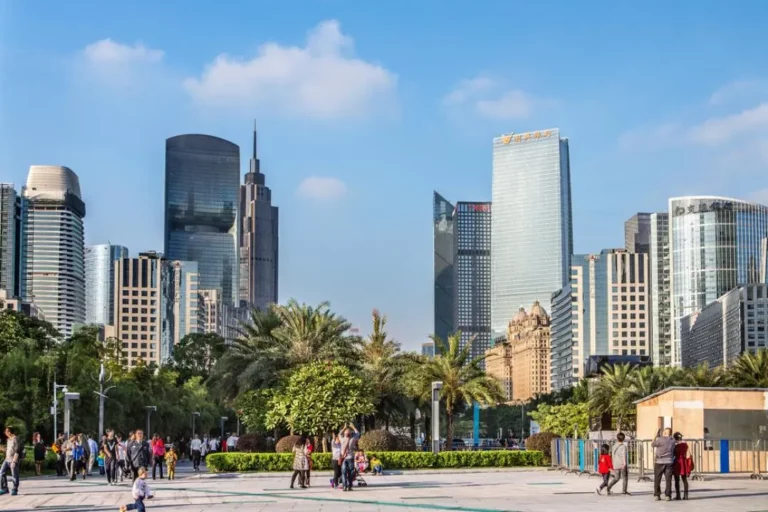Asia
Important change concerning Budapest-Beijing flight

Hungary donating EUR 10 m to advance peace process in Syria

Direct flight between Budapest and Bangkok: new details emerged!

Largest Asian airline launches flights to Budapest!

Uzbekistan through Hungarian eyes: we visited Tashkent and Samarkand – Photo gallery

FM Szijjártó: Hungary plans to boost Southeast Asia ties during EU presidency

Orbán’s political director: Chinese president’s visit confirmation of Hungary’s connectivity strategy

Tashkent International Investment Forum 2024: record number of participants, $26.6 billion worth of contracts signed

Hungarian finance minister: Hungary among world’s most open economies

Hungarian companies are getting stronger in this Central Asian country

Iran beyond Persians: relations between azerbaijani turks and kurds

Minister Kudratov: Tashkent International Investment Forum, starting in two days, is a milestone for the region – Interview

Deputy Speaker of Hungarian Parliament is in Mongolia

If you go to Borneo, choose Sabah – photo gallery

Direct flights between Budapest and this exotic capital from April!

Vanishing Lake Urmia: environmental decline and neglect in Iran

Budapest Airport can become one of Europe’s main cargo hubs: Orbán cabinet wants to buy it

FM Szijjártó: Cooperation with Singapore benefits Hungary and the EU





 ZH
ZH IT
IT DE
DE HR
HR NL
NL FR
FR JA
JA RO
RO RU
RU ES
ES TR
TR
